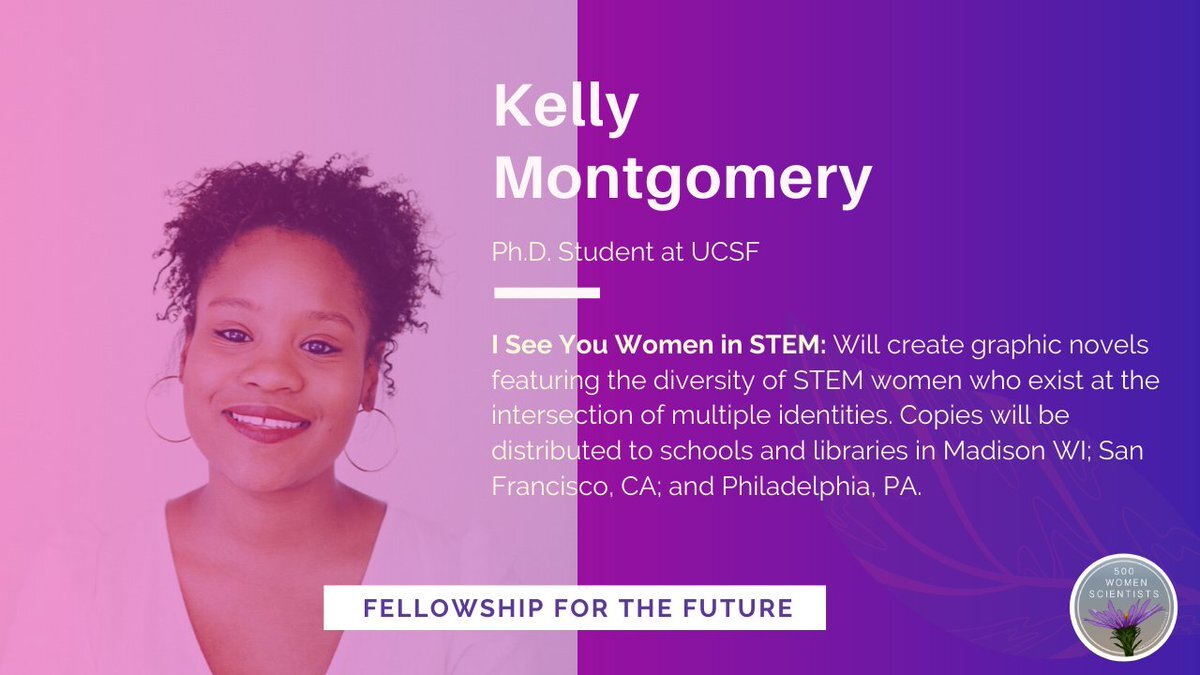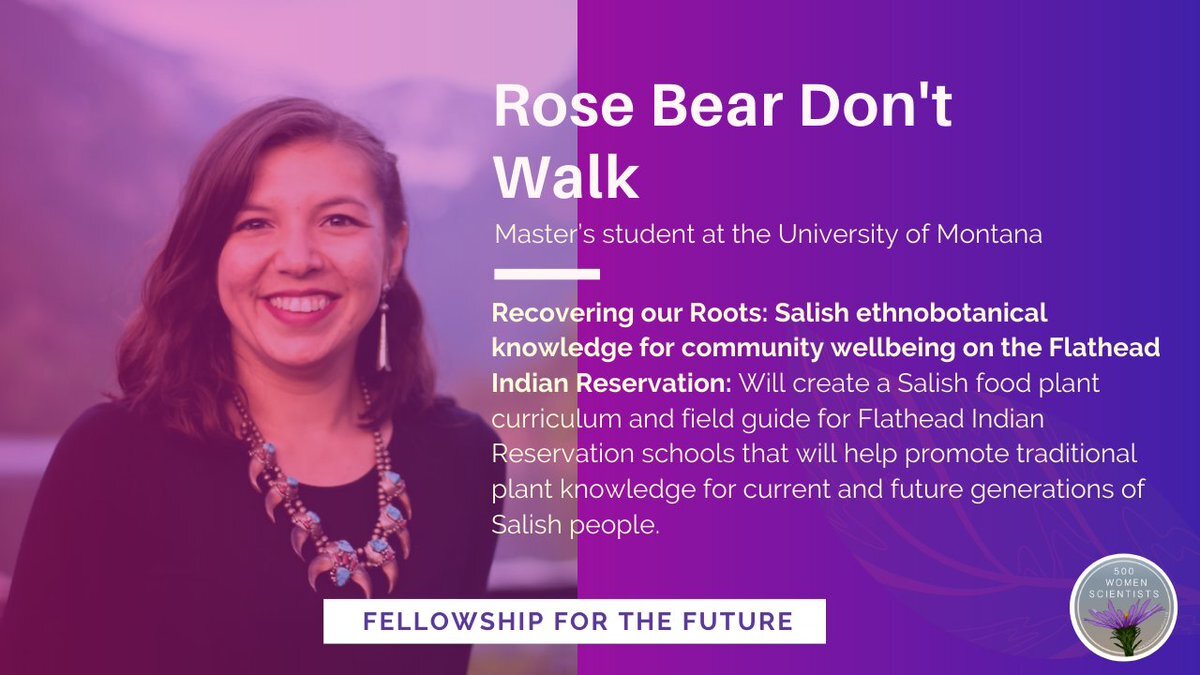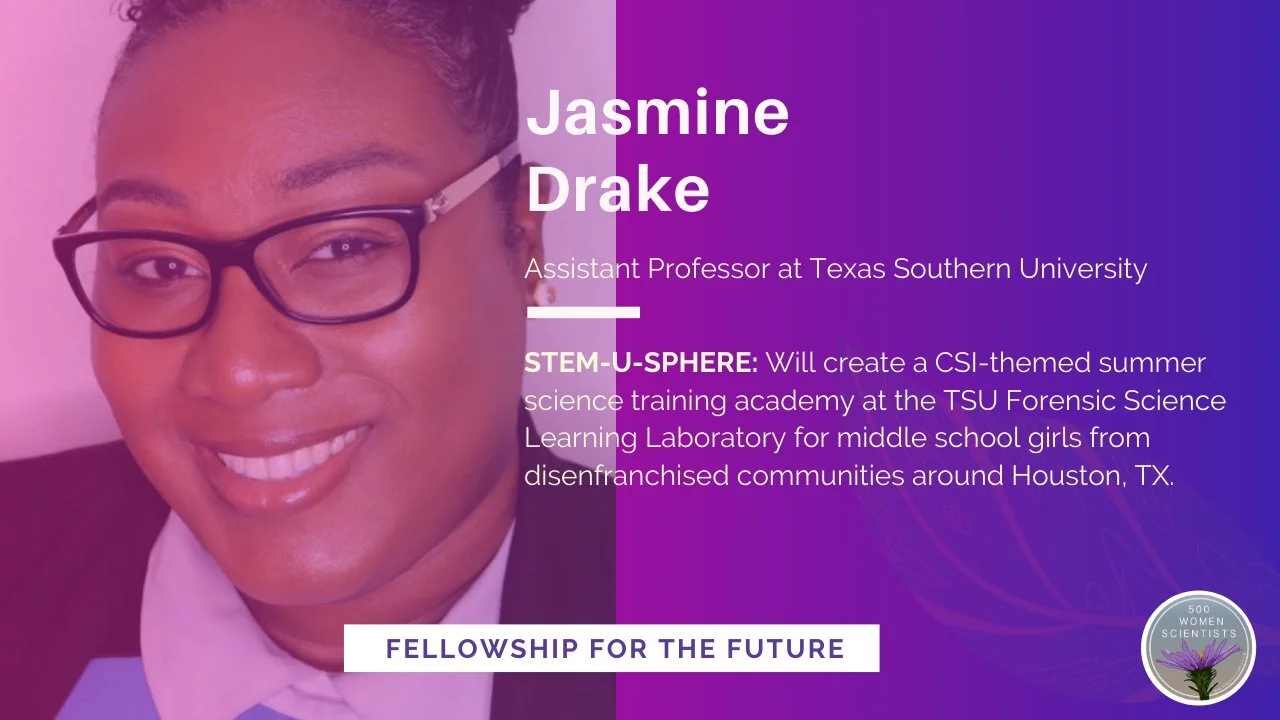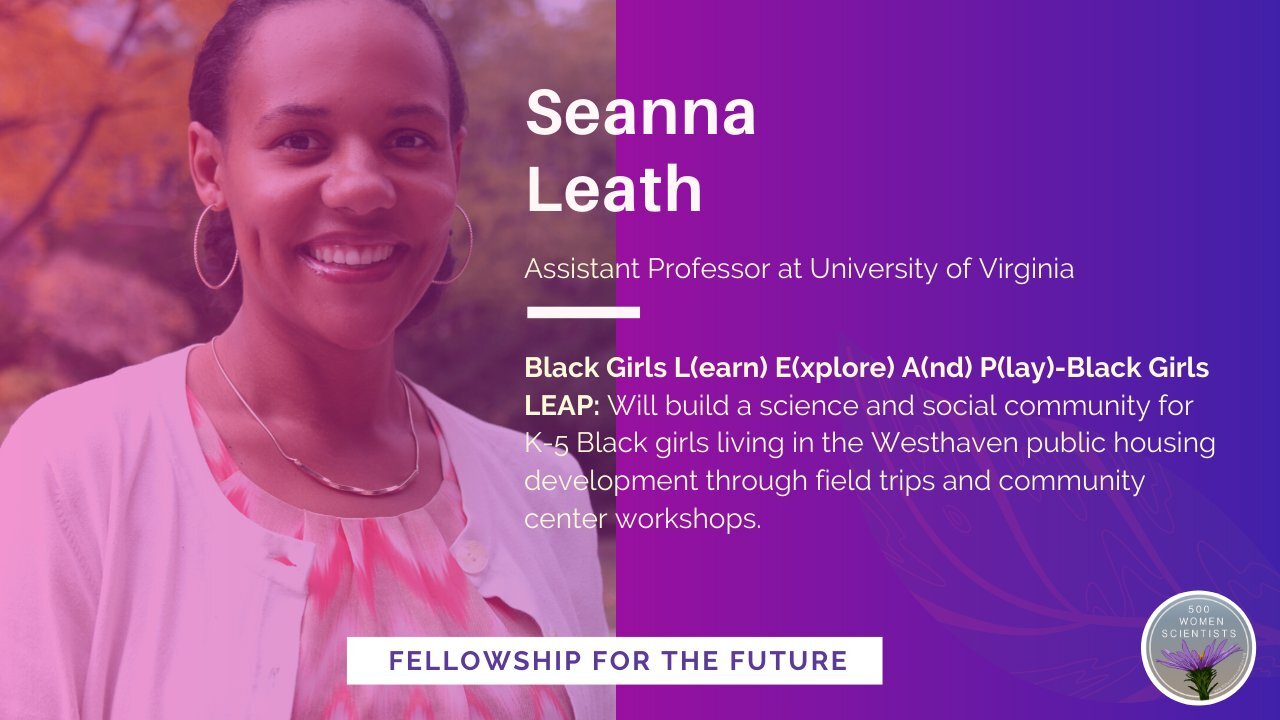This week’s Take Action Tuesday is on Socially Responsible Investing , brought to us by Nicole M. Baran of the Atlanta Pod.
What does it mean to invest in the future? When we think about how to save for retirement or choosing where to bank, we often don’t consider whether the money we’re setting aside is funding companies that reflect our values. And yet if you have a standard employer-sponsored retirement account, for example, you are almost certainly invested in the fossil fuel industry.
Socially Responsible Investing (SRI), also known as sustainable, socially conscious, "green" or ethical investing, is an investment strategy which seeks to consider both financial return as well as social and environmental good. Another term that you may also encounter is ESG, or the integration of environmental, social and governance (ESG) factors into investment. SRI/ESG strategies can be based on a number of themes. You may choose to make investment decisions based on any number of different considerations, including environmental stewardship, labor practices, diversity in hiring or in leadership, societal impacts of the products, and human rights/ethical practices of the companies. These considerations, of course, need to be weighed against the potential differences in financial return, costs, taxes, and level of active management required for the individual investor.
The good news is that the SRI sector is booming and there are more options than ever before. We may have limited options as individuals, but collectively we can create demand and signal to the financial industry the need to develop more, better, and higher return SRI options. It also forces bad actors to reconsider their corporate strategies. In that spirit, here are just some ways we can each put our money where our mouth is!
Please note: This should NOT be seen as financial advice! These are just some ideas to consider as you think about you/your family’s financial goals and needs.
1. Look into your investment & retirement options. SRI has been slow to penetrate the employer-sponsored retirement plan market, so options here are somewhat limited. Fortunately, there are some actions you can take right away.
a. If your employer offers a “self-directed” brokerage window option for your 401(k)/403(b), you may be able to invest some proportion of your funds to socially responsible mutual funds or ETFs within your current employer-sponsored retirement plan. If your plan doesn’t give you the flexibility to invest in SRI funds, you may also be able to rollover some of your funds (or funds from a previous employer) into a tax-deferred individual retirement account (IRA) where you can choose SRI options that match your values and financial goals.
b. Consider using SRI brokerage accounts or SRI apps which give you more flexibility to be able withdraw funds at any time—for example, if you’re saving for a down payment on a house. These accounts come with higher fees and taxes on your earnings, but they offer some of the most stringent SRI criteria and the most flexibility for you to strategically focus on investing in companies that match your values.
c. Talk to a financial advisor and ask about your options! Even just having a conversation and asking questions can itself help to demonstrate the demand for companies to create more and better socially-responsible investment products and for employers to make those plans available to employees. Similarly, if your employer doesn’t have any SRI options for the 401(k)/403(b) employer-matched retirement plan, ask for one!
2. Bank locally. The benefits of working with a local bank or credit union are many. But, it importantly, it means that the money in your account is ultimately available to be invested in your local community, funding the mortgages and small business loans of your neighbors. You can also consider banking with minority- or black-owned banks, which provide vital resources to populations that are often underserved at other financial institutions.
3. Get involved in divestment efforts at your university or institution. The divestment movement has been pushing for institutions, including universities, to divest from assets connected to companies involved in the extraction of fossil fuels. Do you know whether your employer/university has committed to divestment. Support the efforts (which are often student-led) and leverage your power to ensure that your institution follows through.
By investing our money in companies that share our values, we can truly plan for the future that we want to live in.
Photo by Fabian Blank on Unsplash













